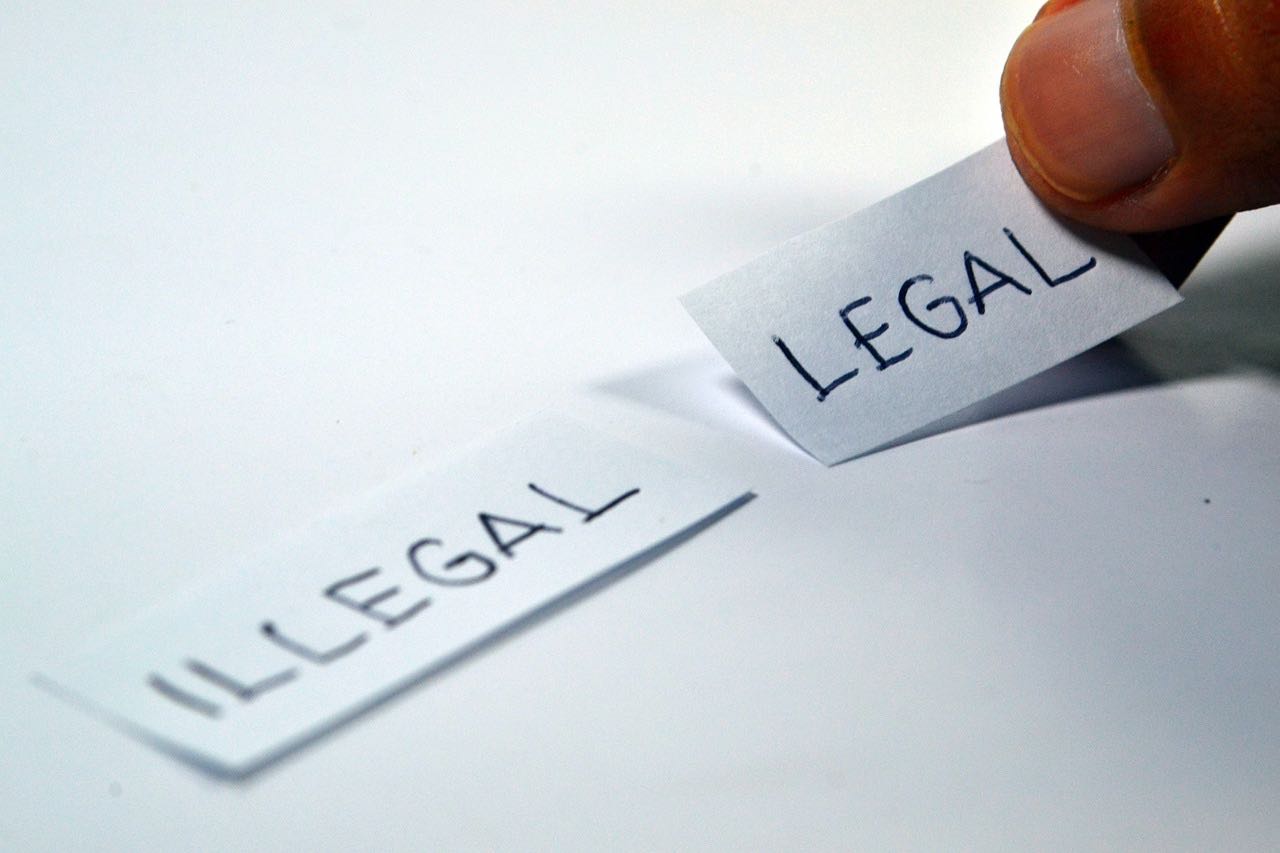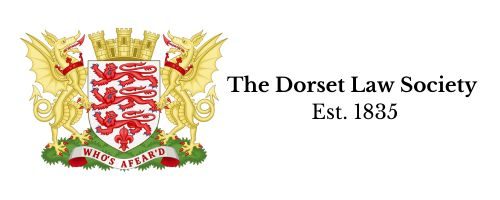
1. It’s illegal to wear flip-flops whilst driving
When the sun comes out in the UK, many of us rush to kick off the trainers and slip on our flip-flops. But is it against the law to wear flip-flops whilst driving? The answer is no. There is currently no law in existence that bans driving in flip-flops, or any other sandal or footwear. Rule 97 of the Highway Code says that the footwear you wear behind the wheel must not prevent you from using the controls in the correct manner. So, whilst driving in flip-flops may not be against the law, it could certainly be seen as an infringement of the Highway Code and possibly lead to prosecution.
2. All swans in England and Wales belong to the Crown
Technically, the monarch does not own all swans in England and Wales, however King Charles III may claim ownership of them, by the Royal prerogative.
The answer to this legal myth is found in the landmark Case of Swans (1592). Dorset locals, Dame Joan Young and Thomas Saunger, received a writ from the Exchequer directing the Sheriff to round up 400 loose swans from the rivers of Dorset. The Abbot of the Abbey of St Peter at Abbotsbury previously held the right to these swans, before surrendering his estate to Henry VIII in the dissolution of the monastery. Henry VIII granted the estate to Giles Strangways, which was later inherited by Dame Joan Young’s first late husband. Young and Saunger argued that his heir gave them the right to the swans for one year.
The Court held that all unmarked white (mute) swans which are swimming in an open and common river might be seized to the King’s use by his Royal prerogative, because swans are Royal fowl. Swans may be owned by the Dyers and Vintners livery companies of the City of London, and are marked accordingly. Other types of swan, such as Bewick’s swans, are not subject to the Royal prerogative.
3. It’s illegal for someone to take your photo without consent
There is no law preventing people from taking photographs in public. However, in the leading case of Campbell v Mirror Group Newspapers Ltd (2004), the House of Lords confirmed that information about an individual, including photographs, could be protected by the tort of breach of confidence if the person in question had a reasonable expectation of privacy. In this case supermodel Naomi Campbell was snapped leaving a support group meeting. It seems clear that photographs taken of people in their home would give rise to a reasonable expectation of privacy.
4. It’s illegal to eat mince pies on Christmas Day
The story goes that eating mince pies on Christmas Day was banned by Oliver Cromwell, as part of his efforts to tackle gluttony.
There was in fact one year, 1644, when eating mince pies was illegal. This was because Christmas Day that year fell on a legally mandated day of fasting. After this, the Long Parliament of the Interregnum banned all celebrations of Christmas. Mince pies themselves were never banned, although they were strongly disapproved of as a symbol of the immoral excesses of the festive season!
5. It’s illegal to die in Parliament
This legal myth stems from another Parliamentary myth, that anyone who dies in a Royal Palace is eligible for a costly state funeral. Under the Coroners Act 1988, the coroner of the Queen’s household had jurisdiction over an inquest into a death in a Royal Palace, but state funerals have never been mandatory.
There are three men who would certainly fall foul of this mythical law – Guy Fawkes and Sir Walter Raleigh, who were both executed in Old Palace Yard, and Spencer Perceval, who is the only British Prime Minister to have been assassinated. He was shot in the lobby of the Palace of Westminster by John Bellingham.
Written by Marnie Thomas, Committee Member & Corporate and Commercial Solicitor at Humphries Kirk LLP
